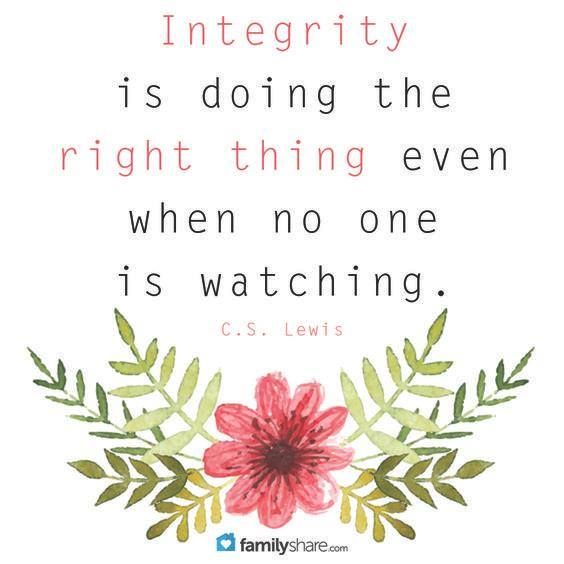“Educators act ethically and maintain the integrity, credibility and reputation of the profession.”
Teachers are role models. They are expected to act in a way that maintains the trust, credibility, and respect of the teaching profession. Their behaviour should always reflect positively on the profession, following ethical standards and laws.
Being professional as a teacher means maintaining integrity and respect both inside and outside the classroom. This standard is crucial because students often look up to teachers as role models.

I remember an example of Mr. Rjay Berra, who demonstrated professionalism even during an informal discussion. When we asked him sensitive questions, such as how he handles difficult students or avoids controversial conversations, he remained respectful and professional. He never shared personal details about colleagues, students, principals, or the school district, yet he answered all our questions thoughtfully.
Teaching is a unique profession, which has deeper responsibility, where teachers’ behavior, even outside work, can influence students’ perceptions. For instance, if a teacher acts irresponsibly at a public event and is seen by a student, it might affect the student’s respect for them. Respect from students and respect for students are key to building a positive classroom environment. Moreover, professionalism means treating every student fairly, without letting personal relationships with their parents or others influence how they are treated in class.
Another key aspect of professionalism is paying attention to the language we use. We must think carefully before we speak or act because our students are learning from us. We are in a position that shape our student’s future, and it’s our responsibility to set a positive example. Our language and behavior can inspire students to become the best versions of themselves, and we must always keep this in mind.
Professionalism also helps teachers avoid gossip, which can be toxic in any workplace. Gossip may seem like a way to connect with others, but it can damage trust and compromise confidential information, such as a student’s Individualized Education Plan (IEP). If I don’t hold myself to high standards, how can I expect my students to meet my expectations in the classroom?
As a future educator, I aim to avoid unnecessary or harmful discussions in school settings, maintain student confidentiality, and engage in ongoing professional development. I will also avoid situations that could lead to favoritism or inequality, such as tutoring my own students for personal profit. These practices will help me build a fair, respectful, and professional classroom environment.